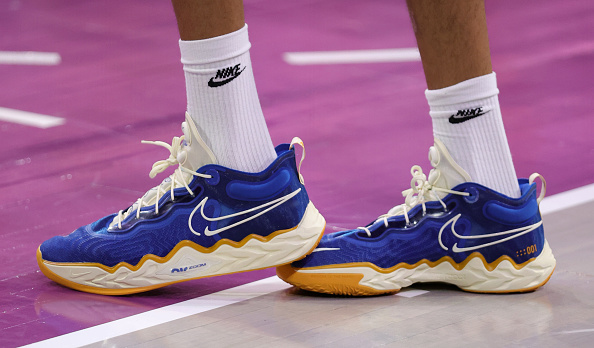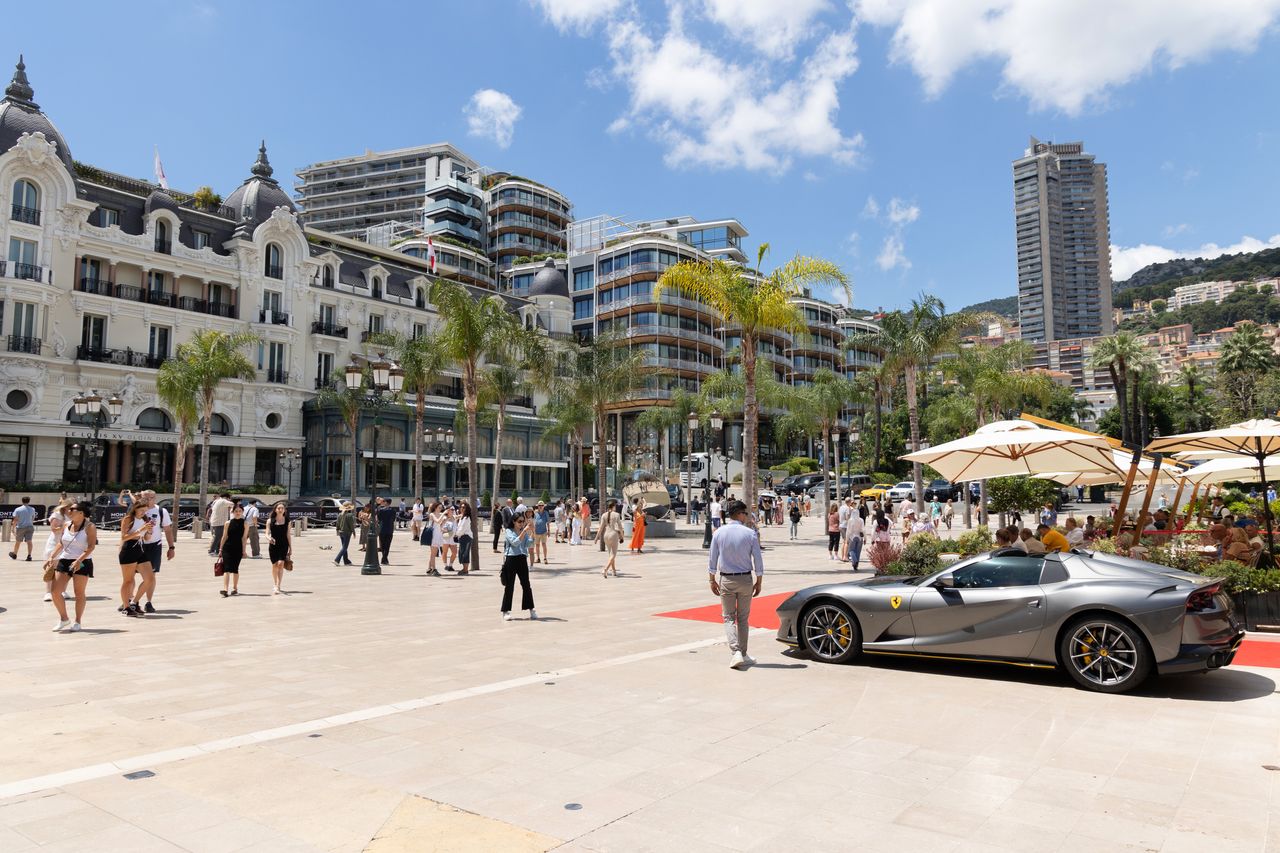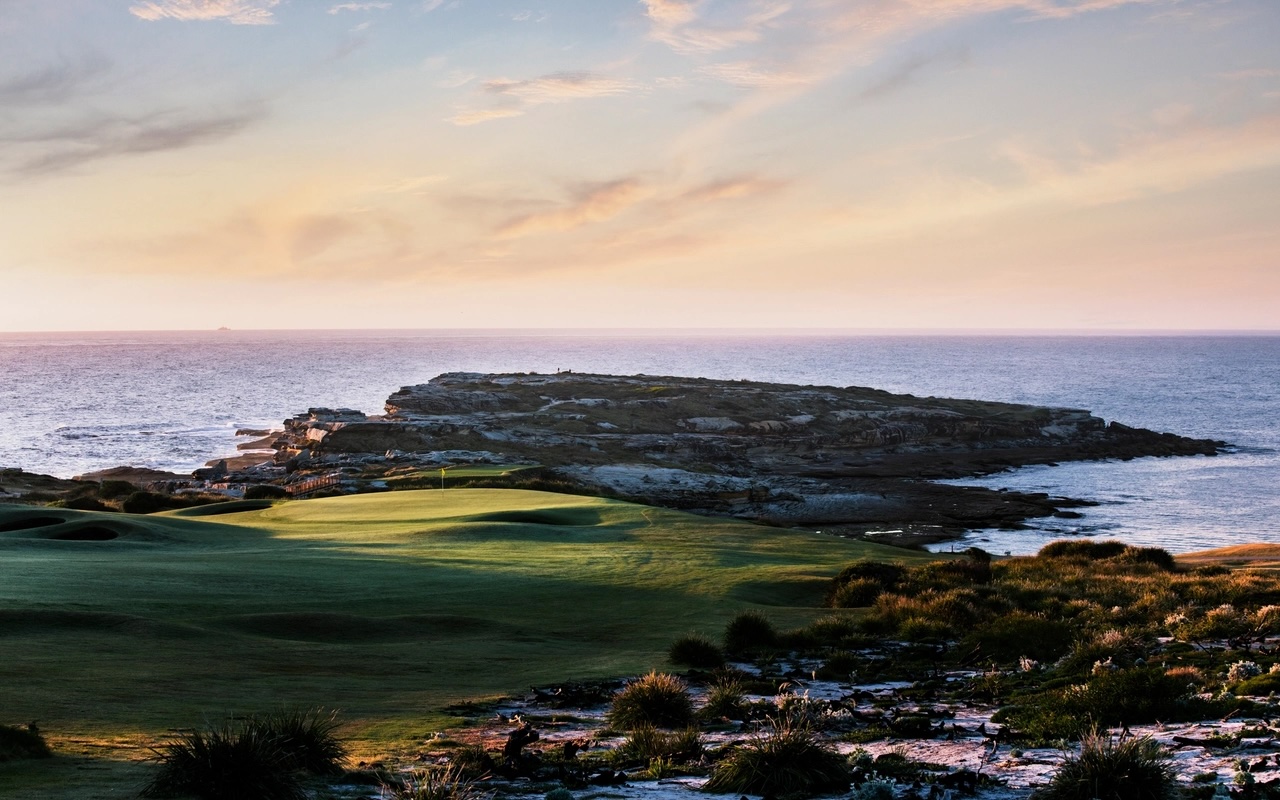Ad Executive Dan Wieden Came Up With Nike’s ‘Just Do It’ Tagline
Oregon native, who has died at age 77, co-founded Wieden+Kennedy and advised colleagues to ‘walk in stupid every morning’
One thing Dan Wieden didn’t want to do as a young man was to follow his father into the advertising business. “I could never figure out why he was in such a whorish industry,” Mr. Wieden told Adweek magazine in 2003.
In the mid-1960s, he majored in journalism at the University of Oregon. He married young and had children in his 20s. That meant a need for steady income and led to advertising. The challenge of packing a lot of meaning into a few words hooked him. In 1982, he joined David Kennedy to found the ad agency Wieden+Kennedy, based in Portland, Ore.
They had one client: Nike Inc., then a small company. It was a perfect fit. Phil Knight, Nike’s co-founder, loathed conventional advertising. The new agency’s founders were inclined to pitch ads that were offbeat, edgy and artistic. In 1988, Mr. Wieden came up with Nike’s tagline, “Just Do It.”
The Nike ads helped vault a tiny regional shop into a global advertising firm. Subaru of America hired Wieden+Kennedy in 1991. Since then a long list of clients has included Starbucks Corp., Microsoft Corp., McDonald’s Corp. and Coca-Cola Co. The firm has about 1,500 employees and offices in Europe, Asia and the Americas.
To avoid the risk of being gobbled up by a giant holding company, Mr. Wieden created a trust to preserve the firm’s independence.
Mr. Wieden died Sept. 30 at his home in Portland. He was 77 and had Alzheimer’s disease. His partner, Mr. Kennedy, died a year ago at the age of 82.
Mr. Wieden (pronounced why-den) attributed the firm’s success partly to a habit of hiring misfits and oddballs rather than seasoned advertising pros. As for managing people, he said, “I think people need to feel safe but still under pressure in some weird way, a healthy pressure. People need to feel that you’re rooting for them to succeed.”
Wary of complacency, he advised advertising people to “walk in stupid every morning.” As he put it: “The minute you think you know, the minute you go, ‘oh, yeah, we’ve been here before, no sense reinventing the wheel,’ you stop learning, stop questioning, and start believing in your own wisdom, you’re dead.”
Messrs. Wieden and Kennedy “didn’t really dictate or mandate,” said Bill Davenport, a longtime colleague. “They let people find their way. In some ways, it was a sink-or-swim culture. But they never had a heavy hand.”
Dan Gordon Wieden was born March 6, 1945, and grew up in Portland. His father, Francis “Duke” Wieden, was president of Gerber Advertising.
After graduating from the University of Oregon in 1967, the younger Mr. Wieden wrote marketing material for Georgia-Pacific Corp. He hated the job and, by his own admission, created so much trouble that he finally got fired. He tried freelance writing and then joined the ad firm of McCann-Erickson. There he met Mr. Kennedy, whose artistic skills and humor complemented Mr. Wieden’s writing talent.
At first, their office was furnished with a card table and cardboard file cabinets. They used a pay phone to call clients.
The firm set itself apart by using a collage of New York street scenes, featuring Lou Reed and his song “Walk on the Wild Side,” to promote Honda scooters. A few years later, Wieden+Kennedy combined the versatile athlete Bo Jackson with Bo Diddley in an ad for Nike.
Mr. Wieden’s first wife, Bonnie Scott Wieden, died in 2008. He married Priscilla Bernard in 2012. She survives him, along with four children, six grandchildren, a brother and a sister.
In 1996, Mr. Wieden and his family founded , which runs a summer camp at Blue Lake in central Oregon and other programs to nurture young people. “He wanted to create a place where kids felt safe and loved,” his wife said.
 Copyright 2020, Dow Jones & Company, Inc. All Rights Reserved Worldwide. LEARN MORE
Copyright 2020, Dow Jones & Company, Inc. All Rights Reserved Worldwide. LEARN MORE
This stylish family home combines a classic palette and finishes with a flexible floorplan
Just 55 minutes from Sydney, make this your creative getaway located in the majestic Hawkesbury region.
As Paris makes its final preparations for the Olympic games, its residents are busy with their own—packing their suitcases, confirming their reservations, and getting out of town.
Worried about the hordes of crowds and overall chaos the Olympics could bring, Parisians are fleeing the city in droves and inundating resort cities around the country. Hotels and holiday rentals in some of France’s most popular vacation destinations—from the French Riviera in the south to the beaches of Normandy in the north—say they are expecting massive crowds this year in advance of the Olympics. The games will run from July 26-Aug. 1.
“It’s already a major holiday season for us, and beyond that, we have the Olympics,” says Stéphane Personeni, general manager of the Lily of the Valley hotel in Saint Tropez. “People began booking early this year.”
Personeni’s hotel typically has no issues filling its rooms each summer—by May of each year, the luxury hotel typically finds itself completely booked out for the months of July and August. But this year, the 53-room hotel began filling up for summer reservations in February.
“We told our regular guests that everything—hotels, apartments, villas—are going to be hard to find this summer,” Personeni says. His neighbours around Saint Tropez say they’re similarly booked up.
As of March, the online marketplace Gens de Confiance (“Trusted People”), saw a 50% increase in reservations from Parisians seeking vacation rentals outside the capital during the Olympics.
Already, August is a popular vacation time for the French. With a minimum of five weeks of vacation mandated by law, many decide to take the entire month off, renting out villas in beachside destinations for longer periods.
But beyond the typical August travel, the Olympics are having a real impact, says Bertille Marchal, a spokesperson for Gens de Confiance.
“We’ve seen nearly three times more reservations for the dates of the Olympics than the following two weeks,” Marchal says. “The increase is definitely linked to the Olympic Games.”

Getty Images
According to the site, the most sought-out vacation destinations are Morbihan and Loire-Atlantique, a seaside region in the northwest; le Var, a coastal area within the southeast of France along the Côte d’Azur; and the island of Corsica in the Mediterranean.
Meanwhile, the Olympics haven’t necessarily been a boon to foreign tourism in the country. Many tourists who might have otherwise come to France are avoiding it this year in favour of other European capitals. In Paris, demand for stays at high-end hotels has collapsed, with bookings down 50% in July compared to last year, according to UMIH Prestige, which represents hotels charging at least €800 ($865) a night for rooms.
Earlier this year, high-end restaurants and concierges said the Olympics might even be an opportunity to score a hard-get-seat at the city’s fine dining.
In the Occitanie region in southwest France, the overall number of reservations this summer hasn’t changed much from last year, says Vincent Gare, president of the regional tourism committee there.
“But looking further at the numbers, we do see an increase in the clientele coming from the Paris region,” Gare told Le Figaro, noting that the increase in reservations has fallen directly on the dates of the Olympic games.
Michel Barré, a retiree living in Paris’s Le Marais neighbourhood, is one of those opting for the beach rather than the opening ceremony. In January, he booked a stay in Normandy for two weeks.
“Even though it’s a major European capital, Paris is still a small city—it’s a massive effort to host all of these events,” Barré says. “The Olympics are going to be a mess.”
More than anything, he just wants some calm after an event-filled summer in Paris, which just before the Olympics experienced the drama of a snap election called by Macron.
“It’s been a hectic summer here,” he says.

AFP via Getty Images
Parisians—Barré included—feel that the city, by over-catering to its tourists, is driving out many residents.
Parts of the Seine—usually one of the most popular summertime hangout spots —have been closed off for weeks as the city installs bleachers and Olympics signage. In certain neighbourhoods, residents will need to scan a QR code with police to access their own apartments. And from the Olympics to Sept. 8, Paris is nearly doubling the price of transit tickets from €2.15 to €4 per ride.
The city’s clear willingness to capitalise on its tourists has motivated some residents to do the same. In March, the number of active Airbnb listings in Paris reached an all-time high as hosts rushed to list their apartments. Listings grew 40% from the same time last year, according to the company.
With their regular clients taking off, Parisian restaurants and merchants are complaining that business is down.
“Are there any Parisians left in Paris?” Alaine Fontaine, president of the restaurant industry association, told the radio station Franceinfo on Sunday. “For the last three weeks, there haven’t been any here.”
Still, for all the talk of those leaving, there are plenty who have decided to stick around.
Jay Swanson, an American expat and YouTuber, can’t imagine leaving during the Olympics—he secured his tickets to see ping pong and volleyball last year. He’s also less concerned about the crowds and road closures than others, having just put together a series of videos explaining how to navigate Paris during the games.
“It’s been 100 years since the Games came to Paris; when else will we get a chance to host the world like this?” Swanson says. “So many Parisians are leaving and tourism is down, so not only will it be quiet but the only people left will be here for a party.”
This stylish family home combines a classic palette and finishes with a flexible floorplan
Just 55 minutes from Sydney, make this your creative getaway located in the majestic Hawkesbury region.






















